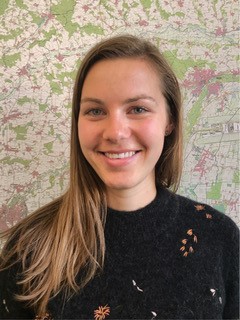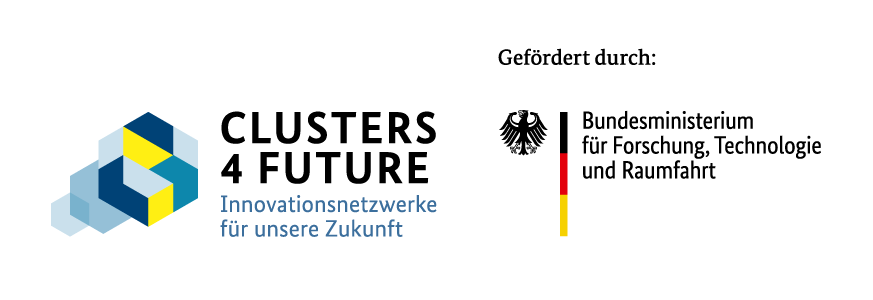
MCube:
Curriculum vitae: Julia Kinigadner studied environmental engineering at the Technical University of Munich. In her dissertation on "Carbon-Based Accessibility Analysis", completed in 2020, various mobility options were evaluated with regard to their spatial carbon footprint in order to make the global challenge of climate protection visible locally. She currently heads the research group "Integrated Mobility Concepts" at the Chair of Settlement Structure and Transport Planning. She is involved in regional, national and European research projects and political programs. In her role as a member of the strategy team in MCube, the Munich Cluster for the Future of Mobility in Metropolitan Regions, she contributes to the strategic orientation and project development. Since 2023, she has represented TUM in the expert group of the strategic alliance MZM - Mobile Future Munich.

What is MOSAIQ?
Imagine something: There is more space for people. The streets have more trees and plants. Everyone can get around better. That's how your Schwabing-West district could be in the future. How would you like your district to be? We want to talk to you about it!
The project is called MOSAIQ. MOSAIQ is a research∙project. MOSAIQ means: Mobility and urban climate in the future city∙part. The Technical University of Munich is leading the project.
What is MOSAIQ about?
MOSAIQ wants to make the streets in the city∙part more beautiful. People should feel comfortable there. There should be more space. For meetings and plants, for example. You can help decide what is tried out in the Stadt∙teil. The ideas come from you. Some ideas will be tried out on the streets for a certain period of time.
The aim of MOSAIQ is to make urban districts good places to live.
At the same time, the climate in the city should improve. And people should be able to move around the city easily.
What is happening in the district?